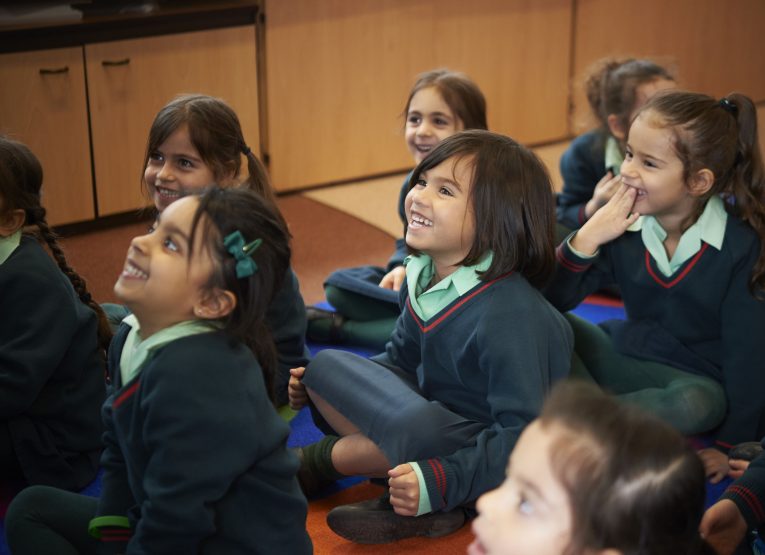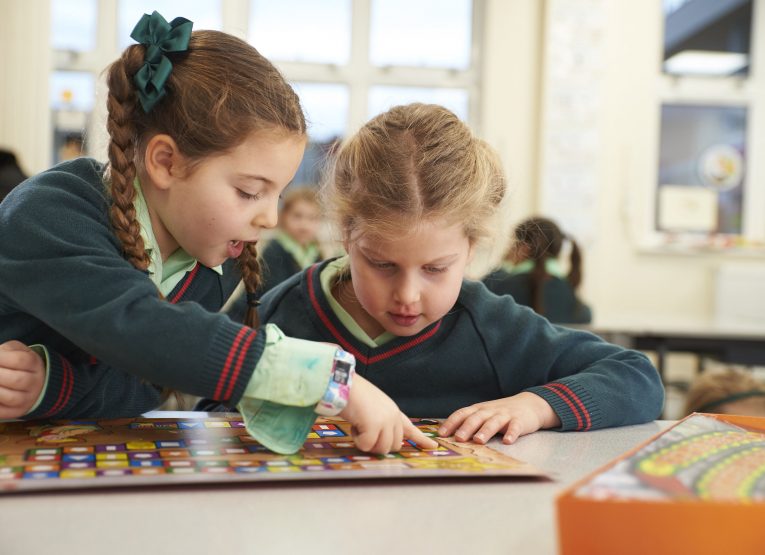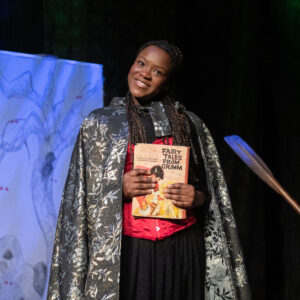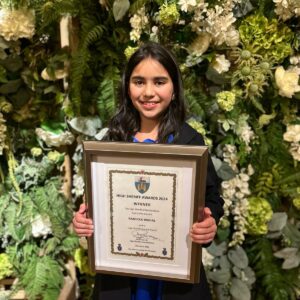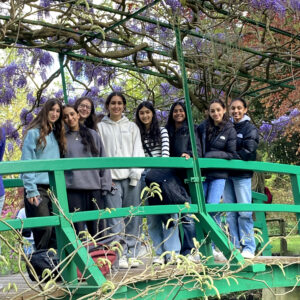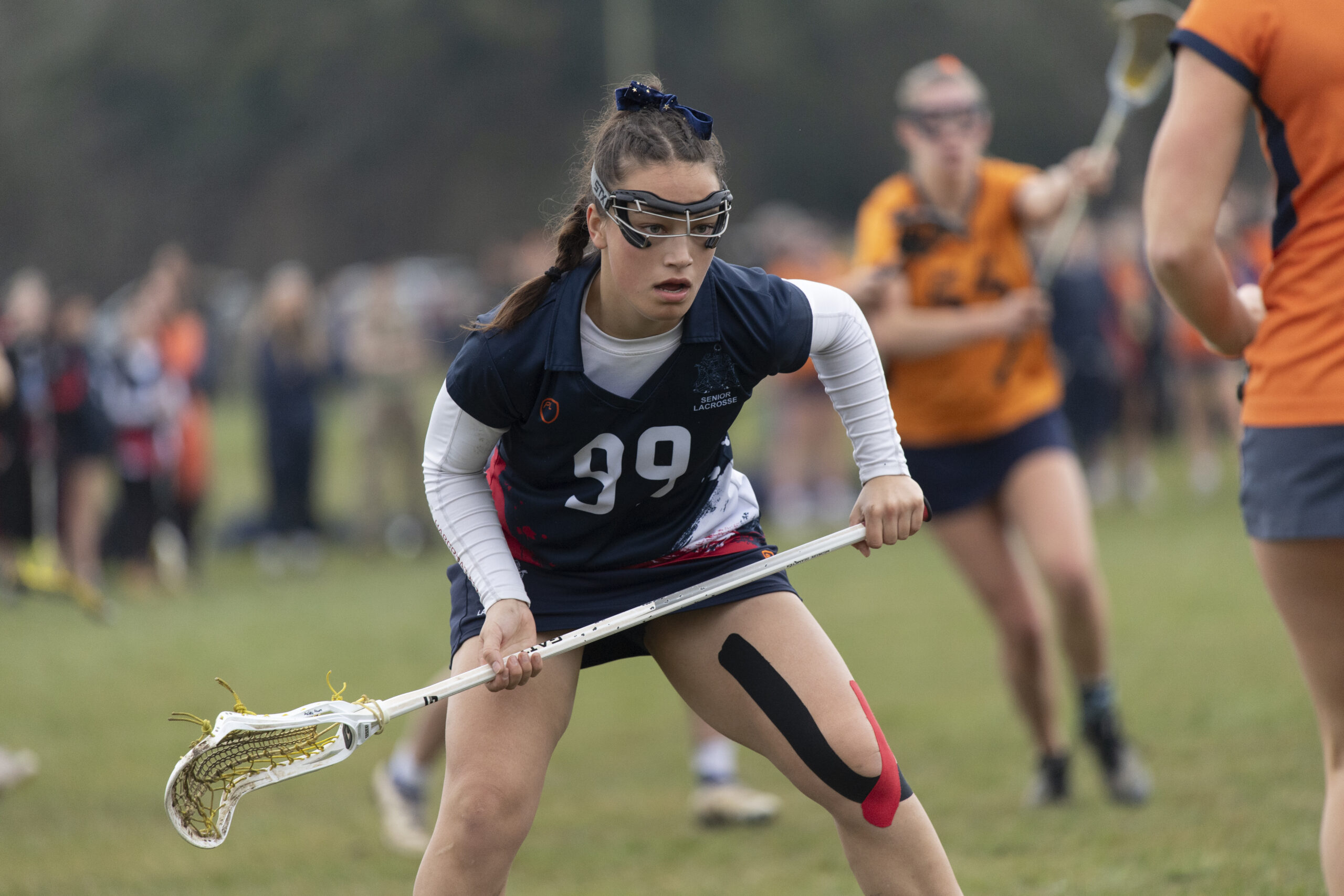At December’s Carol Service we enjoyed listening to a performance of the most recent winner of our annual Carol Competition.
In its third year, and with entries from across the UK, the runners-up were Tingshuo Yang (Eton College) and Charlotte Wan (Godolphin and Latymer) and the winner was a Year 13 student from Mayfield Grammar School in Gravesend, Hannah Runting. We caught up with Hannah to find out more about her and her competition entry.
Which A Level subjects are you studying?
Music, English Literature, Psychology
Do you know what you hope to do after school?
I will be studying the harp with a scholarship at the Royal Academy of Music, with an aim to perform as a soloist, in chamber ensembles and orchestras, work with children with special needs, and compose my own music.
Can you tell us a little about your musical career, what instruments do you play; are you in a band/orchestra, etc.?
I play the Harp and Viola, both to Grade 8 standard, and sing in choirs. I have played the harp for around 10 years, and picked up the viola roughly 4 years ago. I am principal harpist of the Kent County Youth Orchestra, Maidstone Youth Orchestra, and of the Junior Royal Academy of Music Symphony Orchestra, where I currently study every Saturday with Miriam Keogh (Harp) and Michael Posner (Viola). I had a year of composition lessons at the Junior Royal Academy of Music when I first started in September 2019, and then continued with it in my own time. I have performed solo and chamber music concerts, as well as multiple orchestral and choral concerts, particularly over the past 3 years. I have won Maidstone Young Musician of the Year for 2021, and placed 2nd in the North London Harp Competition of 2020, and was awarded scholarships to study at multiple conservatoires for September 2021.
What kind of music do you listen to and who are your favourite performers and/or composers?
I listen to a mix of musical genres, tending to focus on Romantic and Folk music, given their relevance to harp music, however recently I have listened to more modern music. I have a real love for Russian music, particularly Stravinsky and Prokofiev; I find their use of the orchestra so powerful and intelligent, and the harmonies are incredibly complex at times. Other favourite composers have to be Ravel, Brahms, Clara Schumann (particularly her chamber music) and more recently, Handel’s operas – notably Rodelinda – and Philip Glass’ operas too. I also really enjoy listening to Tchaikovsky’s vocal music, it is such an interesting use of the voice; his work captures such passion for music.
Favourite performers include Jess Gillam; she is so energetic and passionate about her music and is always stretching herself to try new things. Another is Phamie Gow, a harpist, pianist and composer who seems always to have something beautiful to listen to. I particularly enjoy performances by the Melos Ensemble, as well as The Sixteen.
What would say have been your strongest musical influences so far?
My strongest musical influences so far include the time I have spent at the Junior Royal Academy of Music, growing ensemble and orchestral experience in short amounts of time, and performing in masterclasses, gaining confidence as a performer. Another has actually been the recent lockdown, being forced into finding ways of performing music still, developing recording and editing skills in order to create ensemble music remotely, as well as performances to share on social media. Another influence was working in a special educational needs school music department for a week, seeing first-hand the difference music can make to people’s lives and education, and feeling their connection to music even if they didn’t understand it. I also had the opportunity to perform with a group of primary school aged musicians at the Royal Festival Hall, playing the Nutcracker, which was just wonderful being able to see the children so engaged in something I was performing for them.
Regarding composing, what sort of thing do you usually write?
Whilst I have not been composing for too long, I have been able to write a variety of pieces. My first composition was for the quintet I played with at the Junior Royal Academy, which was written in a folk style for both first and second study instruments, in total working with flute, piccolo, violin, voice, viola, cello, percussion and harp. I have also written a harp trio soundscape, exploring the versatility of the harp. I also really enjoy writing larger orchestral scores and choral music. I have since written a song for voice and chamber ensemble, also in a folk style.
How did you hear about the competition and what made you enter?
I heard about the competition through my harp teacher who recommended I enter to give me something to focus on over the long summer of lockdown. I decided not only would it give me a focus, it would also be an opportunity to try out a new combination of performers that I was always interested in writing for but never had the occasion to put it out to public performance.
Why did you choose that text?
I searched for a while for a text that captured what I wanted to say with the piece. I wanted something gentle but passionate that could be fit natural spoken word, meaning in places it could sound like a soothing lullaby, and others it could become a communal song. I came across this poem which had such interesting images which I always find important when writing a piece of music; I often have a story or image in mind I want to tell with the piece.
What things did you consider when setting the text?
I wanted to echo the natural flowing of speech with the setting of the text, and so had to consider carefully the rhythms I chose. This came quite naturally, especially given the lilting nature of the poem in its original form. I also considered carefully how I imagined the poem being performed as spoken word, seeing whether there was a particular register that I naturally wanted to place different sections at, capturing a melodic shape. I also didn’t want to lose the beauty of the words, and so made sure the accompaniment was not going to be overpowering.
What challenges did you face when composing the piece?
I struggled initially with finding an accompaniment I was happy with, not wanting to stick to anything entirely pleasing the whole way through. I ended up coming upon the opening chord by accident, and it turned out to be really beautiful, and it stuck, becoming a bit of a motif for the rest of the piece. I also struggled with the frustration of Sibelius voice sounds, which were in no way accurate when compared to a singer’s actual performance, so I made sure I sang through parts of it frequently.
What were your thoughts on hearing the carol performed live?
It was amazing to be able to hear it live, even if it was over video, because I was able to listen to it in a completely new way, sung with real emotion as opposed to quite dull voices of Sibelius. I found it really lovely to know that time had been spent rehearsing and performing something I had composed, and having a recording of this to last forever will be very lovely to listen back to later in life.
What would tell anyone considering applying this year?
I would encourage people to apply, be it as a new composer or an experienced one, it is an opportunity to have your work recognised and performed by talented musicians, and also it gives you an experience of writing for such a sought after combination of instruments. It has been an incredible experience, and one that has only come about by entering.
You can listen to Hannah’s winning entry here.
And enjoy this video by Mr Turner during rehearsals here.


